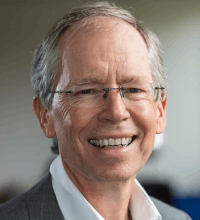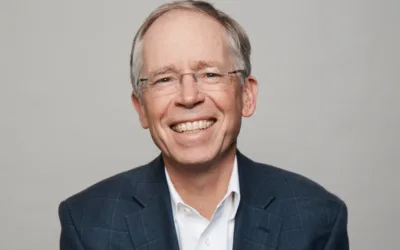A good retirement is about so much more than money – whole books are written about getting the most out of your life after ending full time work. But when the payslips end, you become responsible for funding your retirement necessities and your pursuits out of your “retirement resources.”
Through super and savings you’ve been getting ready, building a nest egg. It’s time to call on the nest egg and start drawing it down. It’s a big change in the way you need to think about your finances…and requires a bit of planning and forecasting to work out how much you can afford to spend and how to make the most out of your retirement.
Retirement Principle #1 The first rule of retirement finances might be: The greater your retirement resources, the more you can afford to spend in retirement.
No duh, eh? It sounds obvious that the bigger your nest egg, the more you can afford to spend. And that the opposite would be true too; the lower your retirement resources, the less you can spend.
But what are your retirement resources? How much do you really have? And if you’re not yet retired, but getting ready, what can you do to increase them?




